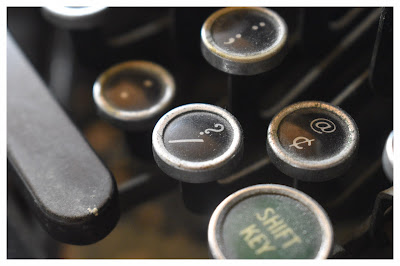This week we’re talking about a common bane to all authors…writing queries and synopsis.
The topic actually asks if these are a bane, benefit, or both—but if you’re a writer, and if you’re honest with yourself, they’re both stressful and challenging. Writing a query or synopsis does not use the same mind-tools as writing a novel, you need to switch gears and view your book from a marketing standpoint and how best to leverage its saleability. Thus, bane!
If you’re scratching your head right now, I’ll give you some background:
Query: a query is roughly one page in length and its purpose is to entice an agent or editor to want to read your work.
If a writer desires to work with an agent there’s a high chance they will contact them with a query letter. And if an author has an agent or wants to sell their book to a smaller press they will need to present a query—which equates to a proposal if your agent is sending it—and synopsis.
the Guts of a Query:
- a hook, one sentence that summarizes your book
- title in all caps
- genre and word count
- comp titles (list a few books that are comparable to yours)
- one to two paragraphs describing your plot/characters
- writing credentials, if you don’t have these, don’t make any up
- thank you, the most important thing to remember is be respectful
- complete within 300-400 words
Please do not blanket copy your query letter. You are sending it to different people, right? Does everyone like the same kind of pizza? Nope, and they’re definitely not going to be hooked by the exact same query. Personalize, at the very least address it with the correct name, and stick to their listed requirements. If you do not have any stated requirements, go with your gut, but be respectful.
Are your palms sweaty and your stomach cramping? It happens because: stressful writing here! If you’re struggling with writing a hook check out Publishers Marketplace, they list book deals with their one sentence hook, or peruse Goodreads, sometimes the blurb starts out with a one sentence hook.
I honestly can’t recall anyone ever saying they enjoy writing a query, but I’m sure there is someone out there that loves it! Though I have heard a few authors say they like writing the synopsis.
What’s a synopsis?
Synopsis: an overview of a book from beginning to end that reveals the entire plot.
Include in a Synopsis:
- present tense third person narrative
- capitalize your characters’ names the first time you introduce them
- only use Main Characters’ names
- emotions!
- simple writing—don’t get wordy, you don’t have enough room
- pages: 1 (short) to 2 (2-4 is considered long)
Yes, you must include your entire plot and the ending. Twists and all. Agents and editors read the synopsis to ensure your story has structure and is free of plot holes. And they need to know how everything comes together at the end. Why? Well, you don’t want to be pitching a romance that ends in one of the characters dying or a sci-fi that wraps up with an out-of-the-blue, magical miracle.
#WritingTip: write a short and long synopsis because, like pizza,
different people will require different lengths and you don’t want to be unprepared.
The thing is, love them or hate them, suck at it or excel, there’s pressure when you write a query or synopsis. Work at it and perfect it. It’s worth the time because you get one shot to hook someone. So, writers. Embrace the bane and go sharpen those hooks.









